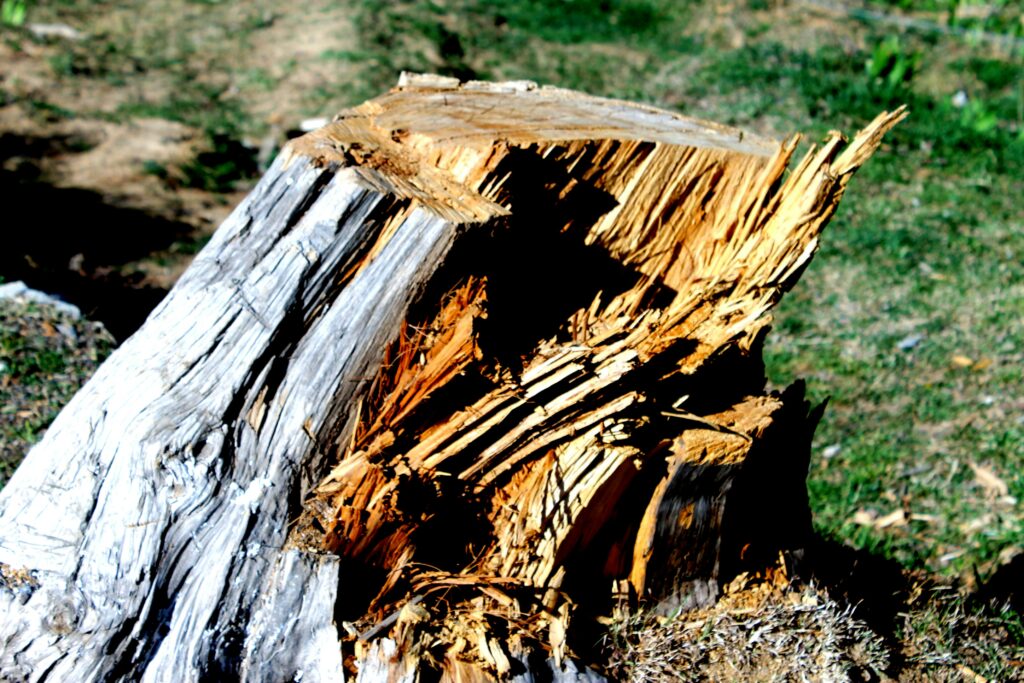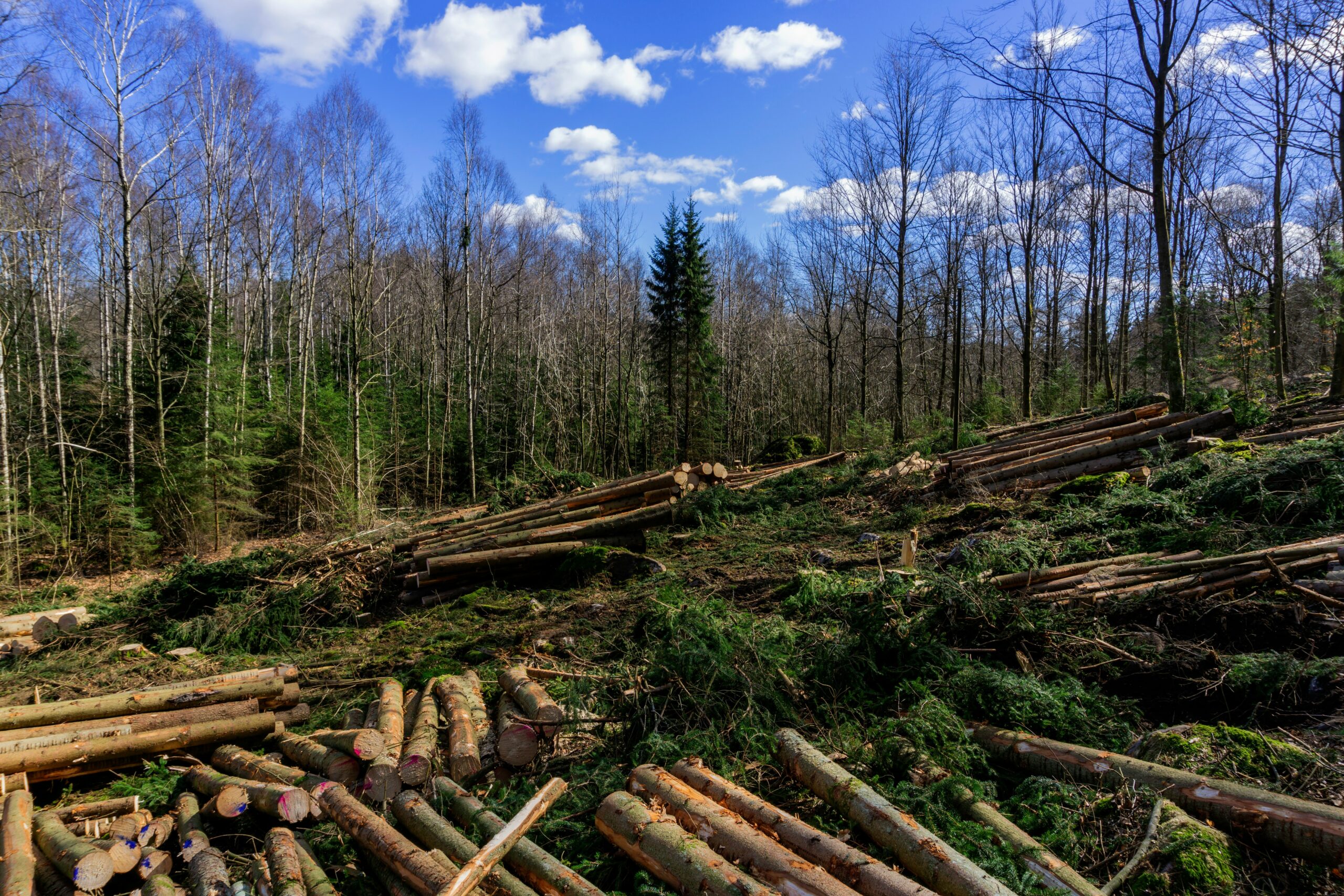The EU’s new deforestation regulation is making waves across supply chains, and UK businesses are right in the middle of it. Even though the UK left the EU years ago, the reality is this: if your products touch EU soil, the EU Deforestation Regulation (EUDR) affects you.
So what exactly is it? What should UK businesses do? And how serious are the consequences of ignoring it?
Let’s walk through what this regulation really means in practical terms, who’s impacted, and how to avoid problems at the EU border.
What Is the EUDR?
The EUDR is short for EU Deforestation Regulation, a law passed by the European Commission to fight deforestation and forest degradation worldwide. It’s not just about trees. It’s a broader move tied to the EU Green Deal and global climate goals.
At its core, the EUDR makes it illegal to place certain products on the EU market (or export them from the EU) unless the business can prove they’re deforestation-free and legally produced. That means no cattle, cocoa, coffee, soy, rubber, palm oil, or wood-based goods linked to land cleared after 31 December 2020.
This goes beyond just avoiding illegal logging. Even if your supply is legal in the country of origin, it won’t pass under the EUDR if deforestation occurred after the cut-off date.
Why UK Businesses Should Care
If you’re based in the UK and selling goods to EU clients, your products may need to comply with the EUDR. It doesn’t matter that the UK isn’t in the EU anymore. If your goods are entering the EU market, you’re in the scope.
And it’s not just raw materials. The law also applies to derived products like:
- Chocolate
- Leather
- Furniture
- Paper and books
- Processed foods made with palm oil or soy
- Coffee-based products
So yes, it could apply to everything from a cocoa butter shipment to a wooden chair or a pack of instant coffee.
Even if you’re not the official importer, your EU-based customer will rely on you to provide the right information. If you can’t, you may lose access to that market.
What Products Are Covered?
The EUDR covers seven commodities and a wide range of items made from them. Here’s a simplified breakdown:
- Szarvasmarha: beef, leather
- Cocoa: raw beans, chocolate
- Coffee: roasted, unroasted, instant
- Soy: meal, oil, animal feed
- Palm oil: raw, refined, used in food and cosmetics
- Rubber: raw, vulcanized, tires
- Wood: logs, furniture, books, paper
Any product containing or made from these may fall under the regulation.

What Is a Due Diligence Statement?
Under the EUDR, any product entering the EU that falls within the scope of the regulation must be backed by a Due Diligence Statement, often shortened to DDS. This isn’t just a formality – it’s the legal proof that the goods are deforestation-free, produced in line with local laws, and present little to no risk of non-compliance.
To make that claim credible, the DDS has to contain very specific details. That includes the exact geolocation of the land where the raw materials were produced, information about suppliers, product classifications such as species and volumes, and confirmation that no deforestation took place on that land after December 2020. Once compiled, the statement is filed digitally through the EU’s TRACES system, which is the official platform used by customs and enforcement authorities.
What Does This Mean for UK Exporters?
UK companies cannot submit the DDS themselves. That job falls to the EU importer. But here’s the catch: if you don’t provide the data your customer needs, the shipment doesn’t move.
This puts UK businesses in a tight spot. You’re not legally required to comply with EUDR directly, but you won’t be able to trade with EU partners unless you help them comply.
Here’s what’s expected of UK exporters:
- Gather full supply chain data on any covered products
- Identify geolocation coordinates for all production land
- Communicate early with EU customers about data needs
- If trading under DDP Incoterms (you’re the importer), appoint an EU customs agent who can submit the DDS on your behalf
Northern Ireland: A Special Case
Because of the Northern Ireland Protocol, businesses there may fall under the EUDR directly. That means Northern Irish companies might need to handle DDS submissions themselves, depending on how the regulation is applied.
For now, this remains a bit of a legal grey area, but businesses in Northern Ireland should prepare as though they’re inside the EU scope.
When Does the EUDR Come into Effect?
There’s some confusion about this because different sources cite different dates, but here’s the latest:
- Large businesses: Must comply by 30 December 2025
- SMEs and micro-enterprises: Have until June 2026
- Timber-related businesses may face earlier requirements due to overlap with the EU Timber Regulation (EUTR)
The smart move? Start preparing now regardless of size. The earlier you start gathering data, the fewer headaches you’ll have later.
What Happens If You Don’t Comply?
The penalties written into the EUDR are severe, especially for EU importers. Authorities can impose fines of up to 4 percent of a company’s annual EU turnover, seize goods, confiscate profits from the sale of non-compliant products, or even block a business from taking part in public procurement for a period of time. In short, the consequences are designed to sting hard enough that businesses can’t ignore them.
For UK exporters, the fines themselves won’t land directly on your desk, but the knock-on effects are just as serious. If your EU customer can’t clear your goods through customs because you didn’t provide the right information, you risk more than a delay. A shipment stuck at the border or flagged for investigation can sour relationships fast, and in some cases buyers may simply stop working with suppliers who can’t keep up with compliance. In practice, the outcome of non-compliance isn’t just legal trouble in the EU – it’s the very real possibility of losing access to one of your biggest markets.
Key Challenges for UK Businesses
This isn’t just another form to fill out. It’s a shift in how products are traced, verified, and sold. UK businesses may run into several issues:
- Lack of geolocation data from overseas suppliers
- Suppliers unwilling to cooperate
- Complex documentation chains with many middlemen
- EU agents hesitant to act as intermediaries for UK firms
In short, even if you’re not legally responsible, you’ll be operationally responsible.

How to Prepare for the EUDR
Here’s a checklist to help UK businesses get ready:
- Review product lists and identify anything covered under Annex 1
- Map your supply chain back to origin, including all farms and producers
- Collect geolocation data for each source plot of land
- Run risk assessments on countries of origin using available tools (e.g., satellite maps, national reports)
- Document everything: keep records of sourcing, suppliers, and due diligence
- Talk to your EU customers and confirm what they need from you and how often
Tools That Can Help
Manual tracking is going to be tough, especially for businesses with long or complex supply chains. That’s where digital tools come in.
Some platforms are already helping companies manage EUDR compliance with:
- Centralized supplier records
- Geolocation tracking
- Document validation
- Risk scoring
- Audit trails
Even if you don’t adopt a full-blown platform, you’ll need some kind of internal process to gather and store this information consistently.

How We Help at EUDR Compliance
A címen. EUDR-megfelelőség, we know firsthand how overwhelming it can be to keep up with evolving compliance requirements, especially when they span across borders. That’s why we built our platform to make EUDR compliance easier, faster, and a whole lot more reliable for businesses like yours.
Instead of manually chasing down supply chain data, we offer automated satellite-based monitoring, helping you track deforestation risks from the source. Our system provides clear sustainability insights and simplifies reporting, so you can focus on running your business while staying compliant. Whether you work with coffee, cocoa, palm oil, wood, or cattle-derived products, we’ve got everything to fit your supply chain.
We’re not just a software provider. We’re a support partner for exporters navigating this new compliance landscape. If you need help preparing for EUDR, understanding what data to collect, or figuring out how to respond to substantiated concerns, we’re here to walk you through it.
If you’re unsure where to start or need a custom report, just schedule a call or request an EUDR report directly from our site. Compliance doesn’t have to be complicated. We’re here to make sure it isn’t.
UK Legislation Is Coming Too
The UK’s own Environment Act 2021, specifically Schedule 17, will likely introduce deforestation-related compliance in the near future. While it’s not as broad as the EUDR yet, it’s clearly pointing in the same direction.
Getting your data systems ready now means you’ll be better positioned for future UK rules too.
Final Thoughts
This isn’t a minor trade rule that’ll fade into the background. The EUDR is a major regulatory shift, and UK exporters need to treat it seriously. It’s not just about paperwork. It’s about proving – with data – that your products don’t drive deforestation.
Even if you’re not legally bound to submit anything, your EU customers are. And if you can’t support their compliance, they’ll look elsewhere.
The sooner you start mapping your supply chain and collecting the right data, the smoother your path to continued EU market access will be.
GYIK
Do UK companies have to follow the EUDR if they’re not based in the EU?
Technically, no. UK companies aren’t legally bound by the EUDR since it’s EU legislation. But in practice, if you’re exporting to the EU, you’ll still need to comply indirectly. Your EU buyers can’t clear your goods through customs unless they can submit a proper Due Diligence Statement, and for that, they need detailed data from you. So while you’re not submitting the paperwork yourself, you’re a crucial part of making it happen.
What kind of data do I need to give my EU customers?
You’ll need to go deeper than the usual invoice details. That means geolocation data for where the raw materials were sourced, proof that the land wasn’t deforested after December 2020, and documentation showing everything was produced legally. If you can’t trace it back to the plot of land, your customer can’t submit the DDS, and the goods might get stuck at the border.
What happens if I don’t supply the required EUDR data?
The most likely scenario is that your EU buyer simply stops buying from you. They won’t want to risk delays, fines, or compliance issues because you couldn’t provide what they needed. In some cases, your shipment might be rejected or delayed in customs. Even though you’re not the one facing the fine, you’ll feel it when orders drop off.
What’s the deal with Northern Ireland and the EUDR?
Northern Ireland is a bit of a special case. Because of the Northern Ireland Protocol, some EU laws still apply there. That means businesses in Northern Ireland might fall under the EUDR directly, not just indirectly like the rest of the UK. It’s still evolving, but the safest approach is to prepare as if you’ll need to meet all the same requirements as EU-based exporters.
Is there any help available to manage all this compliance stuff?
Yes, and honestly, you’ll probably need it. Managing EUDR compliance manually gets messy fast, especially if you have a long supply chain. That’s why platforms like ours at EUDR Compliance exist. We use satellite data and automation to track sourcing and flag risks before they become problems. It’s not just about checking a box – it’s about having the right systems in place so you’re not scrambling at the last minute.


